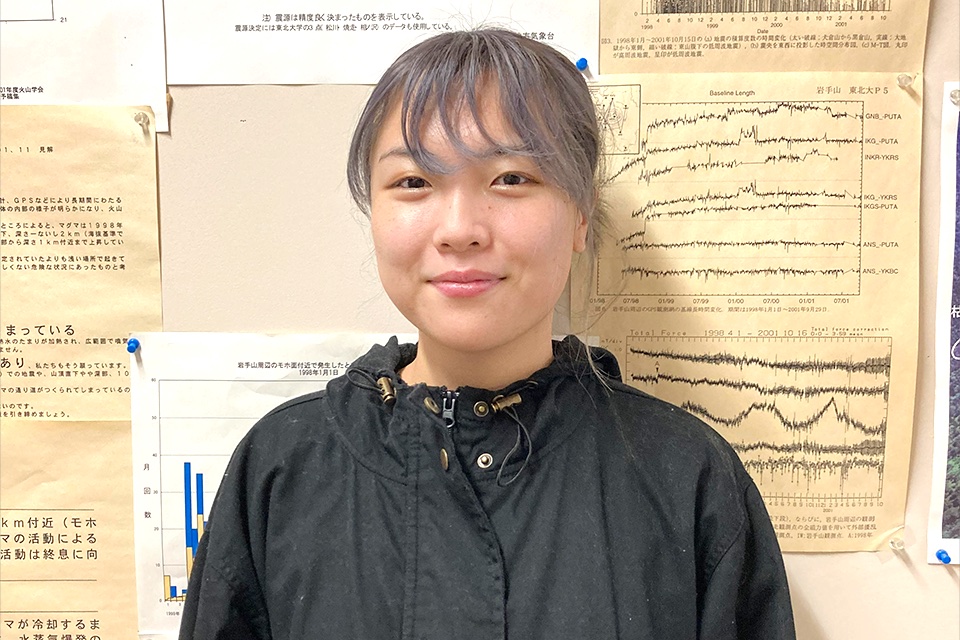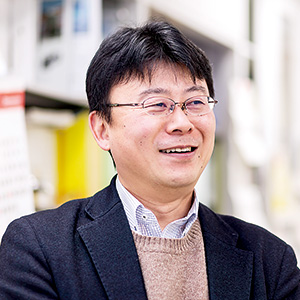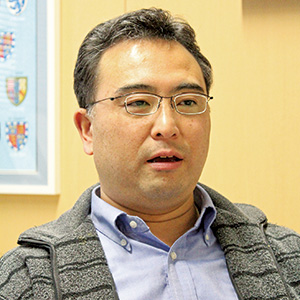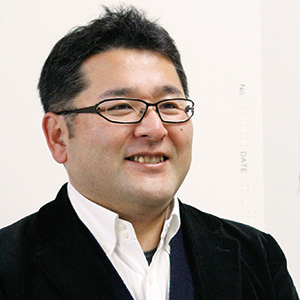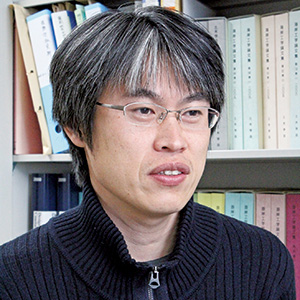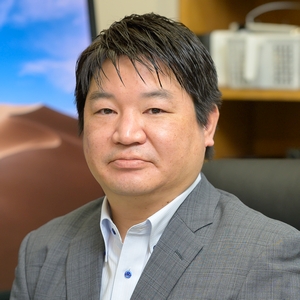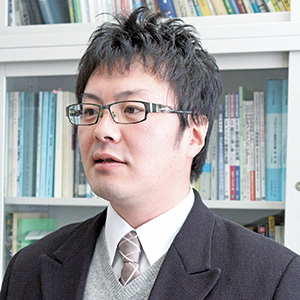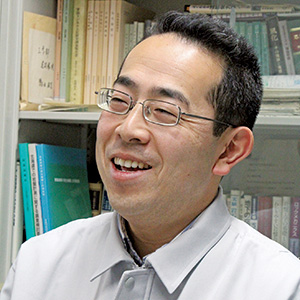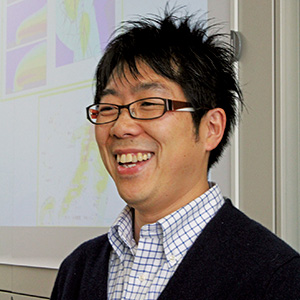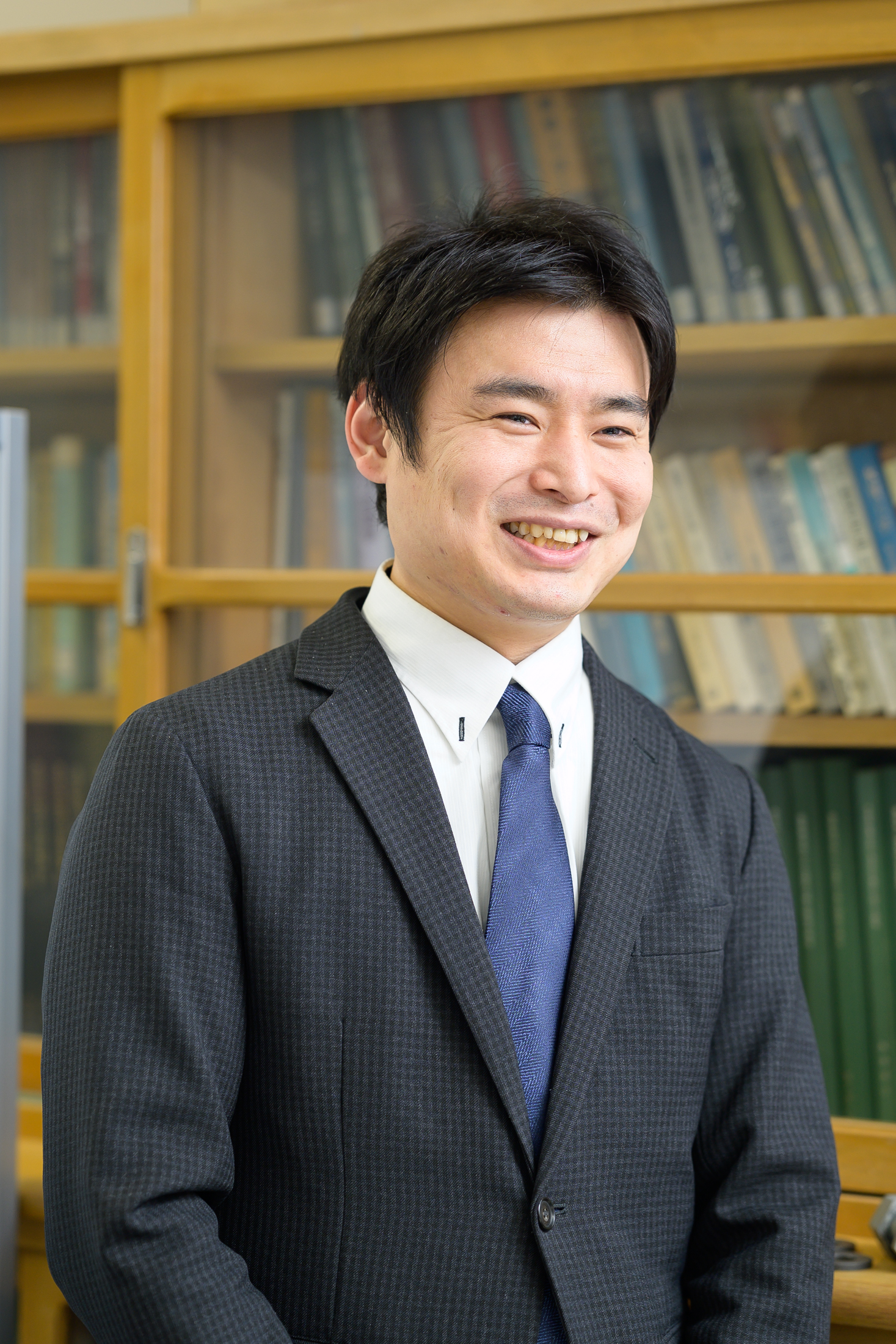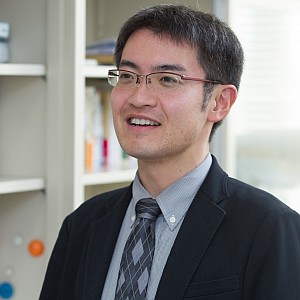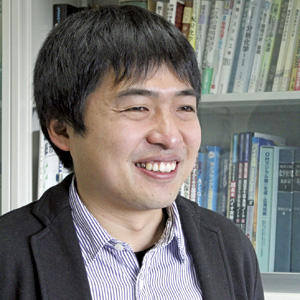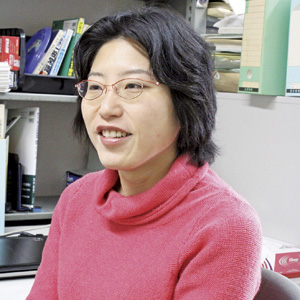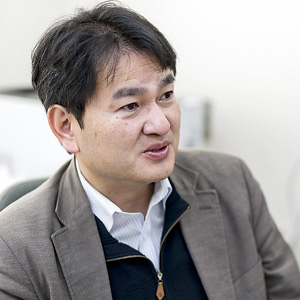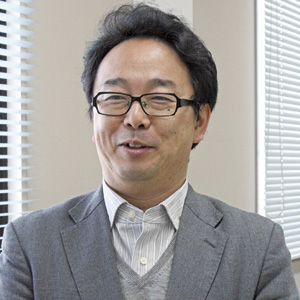Creating a sustainable society that coexists with nature and is resilient to disasters
This is what is great about this course!
- Educational programs accredited by JABEE (Japan Accreditation Board for Engineering Education)→Graduates of this course are exempted from the first examination for the national qualification of “Professional Engineer”.
- In addition to the “Bachelor of Engineering,” the program also makes it easier for students to obtain other certifications that will help them in their post-graduation work.→Surveyor”, ‘Civil Engineering Construction Management Engineer’, etc.
- There are opportunities to interact and exchange ideas with working adults while in school.→We are also participating in a program for working people, “Community Development Leader Development Program to Support the Community”.
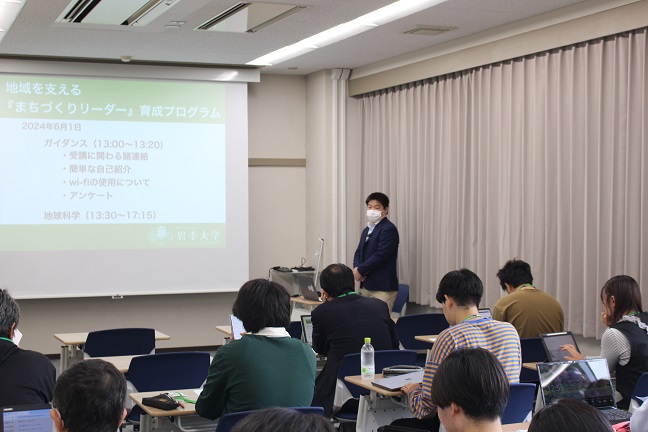
What is the course of study (and how is it applied to society)?
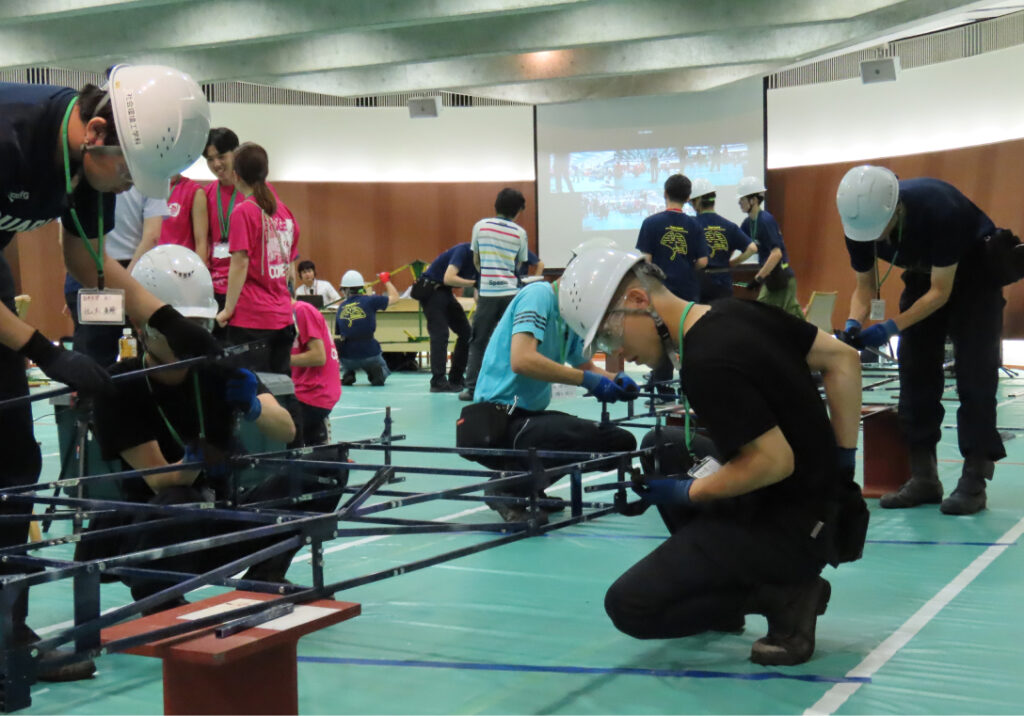
construction engineering
- Bridge design and maintenance
- Geomechanical and chemical properties of the ground
- Long-term stability of rock structures
- Higher performance and longer life of construction materials in snowy and cold regions
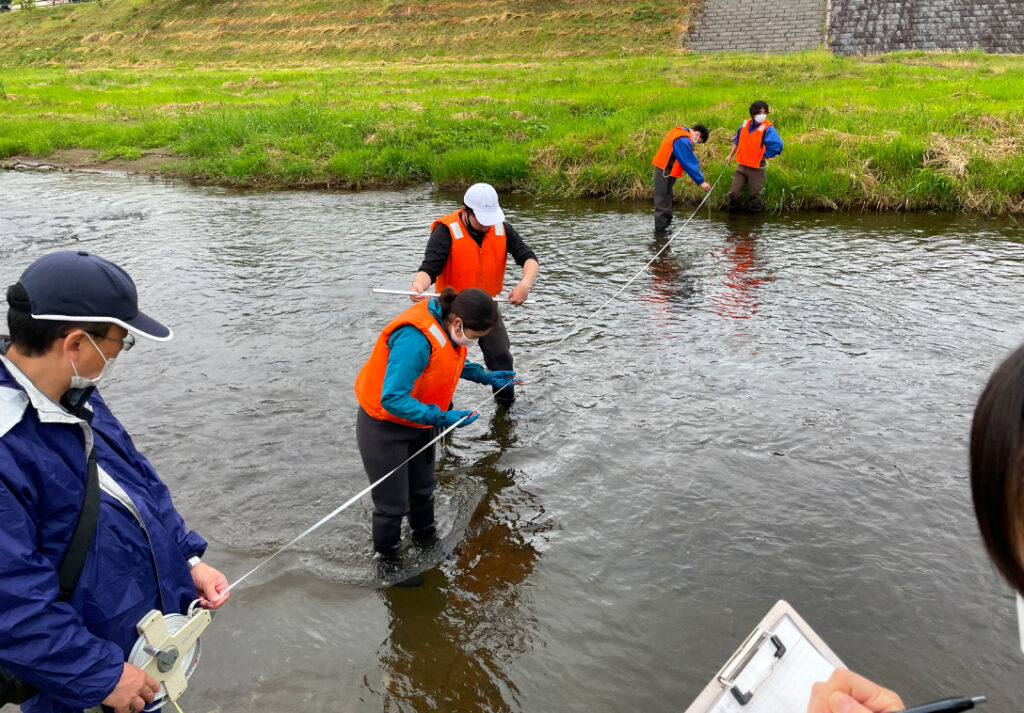
environmental engineering
- Purification and recycling of sewage and sludge
- Monitoring the Atmospheric Environment Using Drones
- Establishment of resource recycling process for waste
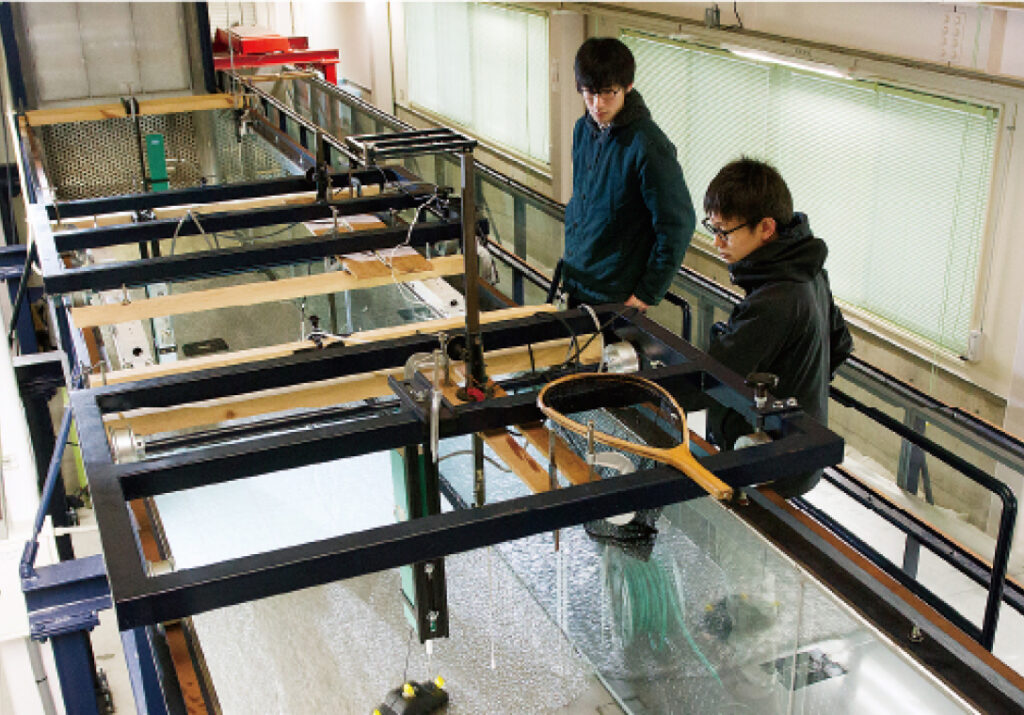
disaster prevention engineering
- Reduction of disaster damage in oceans and rivers
- Creating safe and secure communities in local cities
- Development of ground exploration methods and prediction of seismic shaking
- Formation of active faults and subsurface structure
What can I learn and how can I grow?
In this course, students will learn a wide range of knowledge and skills related to construction, environment, and disaster prevention.
Students study the construction and maintenance of bridges and roads necessary for daily life, methods to protect the natural environment, technologies to protect people from disasters, and safe and livable urban planning. Students will acquire basic mathematics and science, specialized engineering knowledge, problem-solving skills, teamwork skills, and English language skills.
Through these studies, we aim to nurture engineers and researchers who will be responsible for “building a safe and secure society” and “creating a sustainable and sustainable society that is friendly to people and the environment.
What are the expected career paths after graduation?
Graduates and graduates are working in the following industries and companies related to social infrastructure development and the environment.
- General construction industry: Taisei Corporation, Kajima Corporation, Shimizu Corporation, Obayashi Corporation, etc.
- Construction consultants: Pacific Consultants, Construction Technology Research Institute, Nissui Con, etc.
- Civil servants: Ministry of Land, Infrastructure, Transport and Tourism, Iwate Prefecture, Miyagi Prefecture, Morioka City, Sendai City, etc.
- Others: East Japan Railway Company, NEXCO East Japan, Tohoku Electric Power Company, Nittetsu Sumikin Kenzai Corporation, etc.



